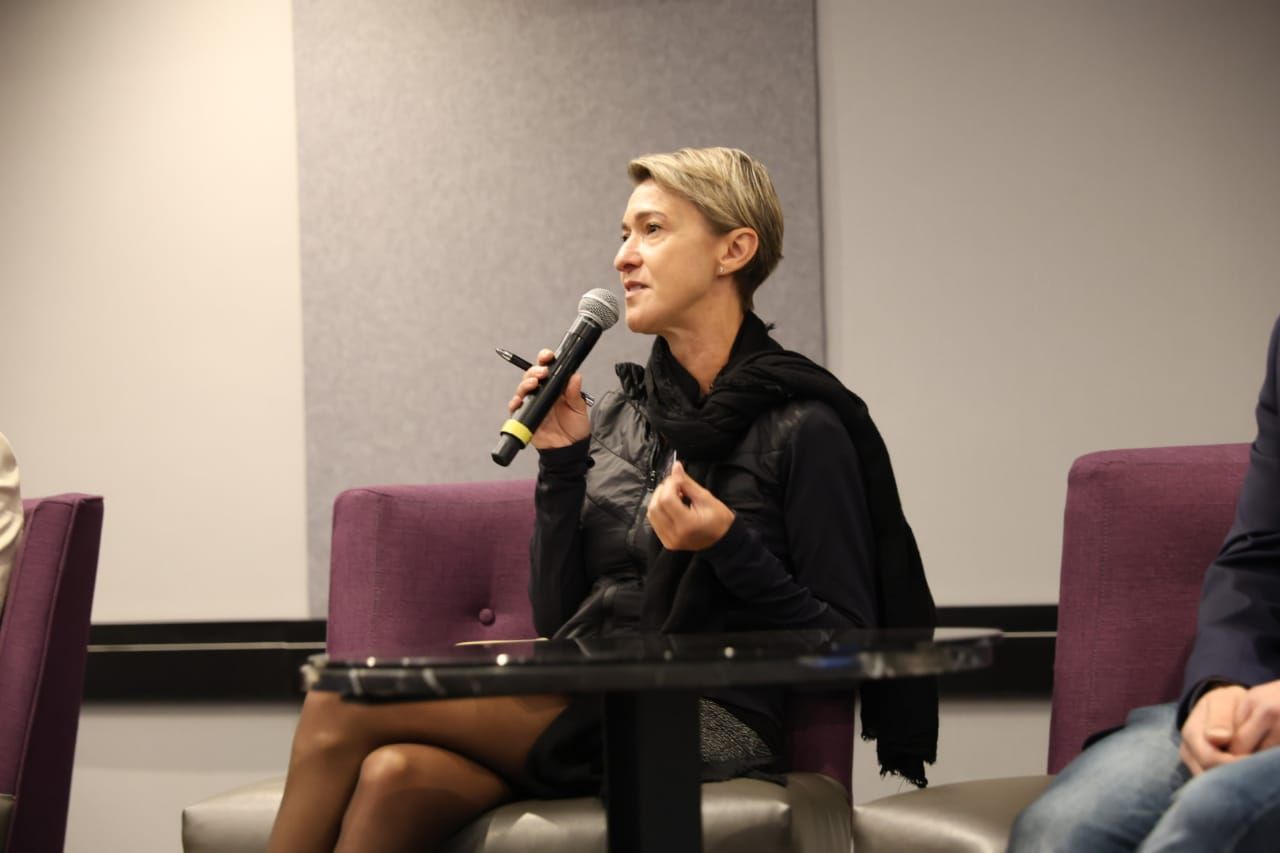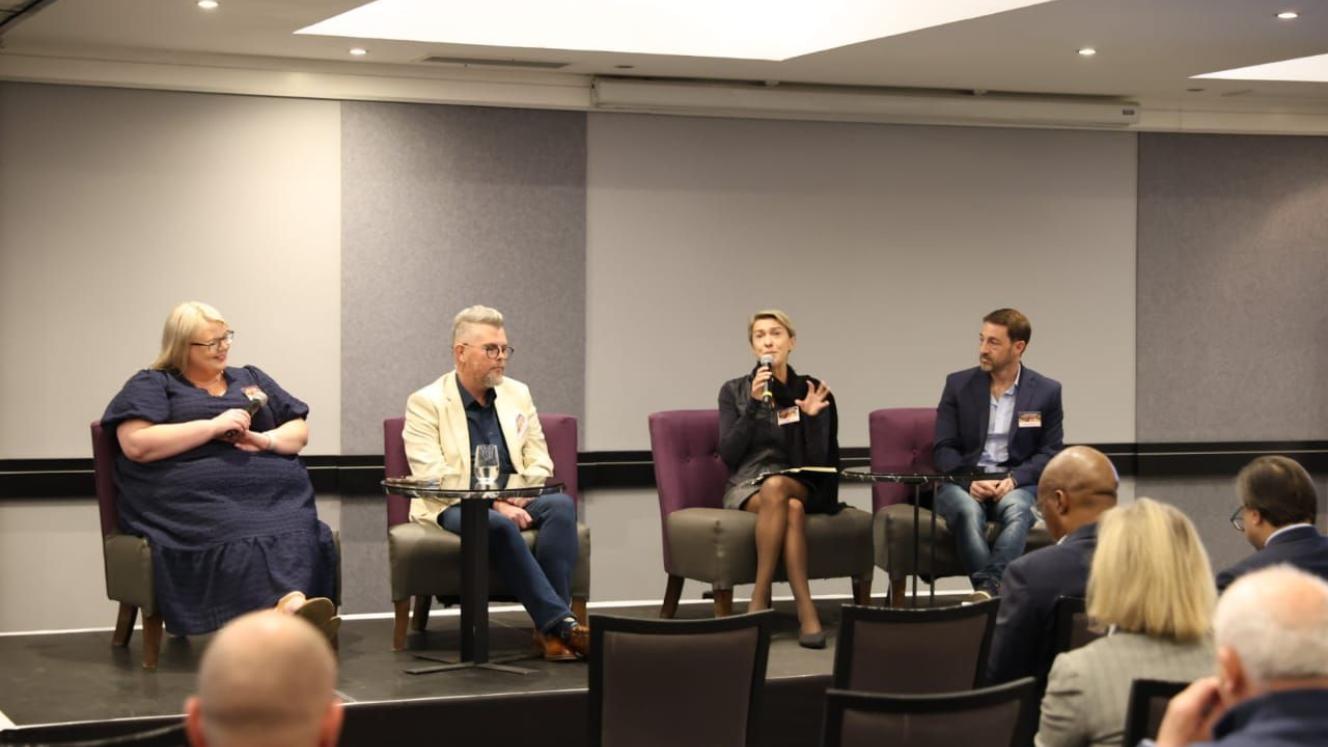The future isn't AI versus humans – it's AI plus humans. This was the shared opinion of panellists who discussed AI and technology trends within the travel and tourism sector on August 8 at the annual Hospitality Industry Think Tank 2025, held at The Maslow hotel in Sandton.
Natalia Rosa, Founder and CEO of Big Ambitions, emphasised the importance of striking a balance between AI and human interaction in the hospitality sector.

Industry research, including an opinion piece by Ami Goldenberg on PhocusWire by Northstar, shows that AI is moving beyond chatbots or automating a few processes in the background. AI is emerging as the operating system of the travel industry; a foundational layer that orchestrates operations, drives revenue and redefines the traveller experience.
Rosa said AI was indeed becoming the operational backbone of travel, but it was, according to her, crucial that we viewed it as an empowerment layer rather than a replacement system.
“AI should function as infrastructure that liberates human talent, not constrains it. The real-world application isn't about AI running everything, it's about AI handling the operational complexity so humans can focus on what matters: connection, creativity, and those spontaneous moments of kindness that guests remember,” said Rosa.
According to Rosa the most exciting applications are where AI enables human brilliance. “For instance, when AI handles routine guest queries, staff can engage in meaningful conversations. When AI manages inventory and pricing in real-time, revenue managers can focus on strategy. It's about AI doing the heavy lifting on data and operations so humans can excel at hospitality.”
Rosa, along with MD of Interact RDT, Gary Greenfield, and Reinhard Visser, Group Operations Lead at Dream Hotels & Resorts, agreed during the panel discussion that AI could successfully stand alongside humans when it was trained correctly. Prompting AI in hospitality required balancing efficiency with empathy.
Tips for training AI in the travel industry include:
- Feeding it context, not just commands: "Help me create a personalised welcome message for a returning guest who previously mentioned their child's birthday."
- Train it on your brand voice: Share examples of great guest interactions and ask it to identify patterns.
- Use it for insight, not just output: "Analyse these guest reviews and identify emotional triggers for loyalty."
- Always add the human filter: "Draft three response options for a complaint about room service, emphasising empathy and solution."
Rosa said in conclusion that it was important to remember that AI was invisible to the guest. They do not see the AI; they experience better service, more attentive staff, and a sense of being truly seen and valued.
“That's the real transformation, using AI to deliver what feels wonderfully, authentically human. The future isn't AI versus humans. It's AI plus humans. And that's where the real value lies in creating experiences worth sharing.”













